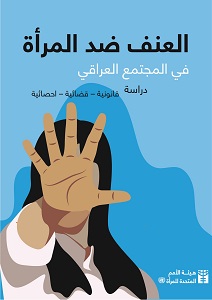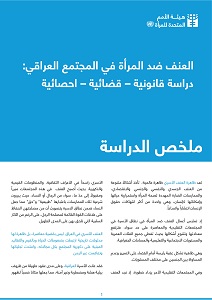Governance and national planning
Many women in Iraq, as in the rest of the Arab region, suffer from limited access to basic national resources. Gender-Responsive Budgeting is a transformative approach that aims to strengthen the effectiveness of public policy related to financial resources allocation. The approach starts by gender analysis to determine and reduce the gaps between men and women in access to human rights. Thus, UN Women works with the concerned parties to ensure that national resources are reallocated, without being increased, in order to redirect funds to priority actions aiming at reducing gender gaps.
UN Women is at the forefront of the global mobilization for the implementation of Gender Responsive Budgeting (GRB), and has been providing support to GRB initiatives in more than 60 countries, including Iraq. UN Women has also developed partnerships with key actors in the global and national levels to demonstrate the relevance of GRB in the effectiveness of women human rights and the achievement of development goals.
UN Women is keen to ensure that Iraqi women are involved in governance systems at various levels and to ensure their representation in various decision-making processes, building on achievements accomplished so far. Even though the Iraqi Constitution guarantees a 25 percent quota for women in Parliament, women continue to be under-represented in political decision-making at national and local levels, as well in independent and reconciliation committees. Despite the adoption of the Political Parties Law of 2015, which affirms the importance of women’s participation in the national assembly, their participation and representation in political parties remains weak, as the law does not include any provisions to guarantee women’s participation in leadership structures of political parties.
Hence, UN Women works to draw attention to this shortcoming to ensure that women are given the chance to lead, participate and benefit equally from governance systems and engage in public and political institutions and processes. In addition, UN Women extends their support to the concerned authorities to ensure that Iraqi institutions and systems deliver people-centered evidence and needs-based equitable and inclusive gender- and age-representative services, with particular focus on advocating for women in leadership and decision-making processes.

